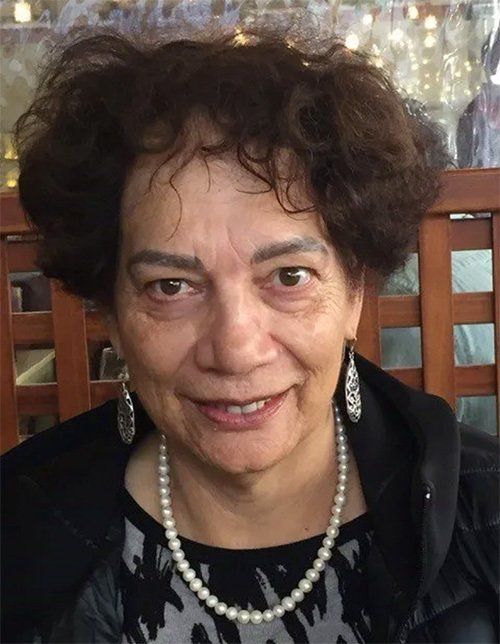We are delighted to welcome Professor Audrey Osler as a Patron for The Steve Sinnott Foundation
Interview with Professor Audrey Osler
We recently had the opportunity to interview Audrey about the importance of educating children about human rights. Her experience of teaching human rights spans right across the age range, which provides important insights. You can watch the video here, and read a summary below.
Audrey: “Often human rights is seen as something relating to distant places, whereas I think the most important thing for children of all different ages is to understand their own human rights and then understand how they can defend each other’s rights.
I would begin in a primary school with the things that the children were concerned with. Children of all different ages have very strong views about justice and injustice, right down to small children saying what is fair or unfair. We see lots of older students in school, under the age of 18, standing up to the really big issues. There are children all over the globe who are standing up for the rights of other children, and standing up for big causes like climate justice and environmental issues. It's really important that we find out what the children are interested in, what they care about, and that's the best way in to a discussion about human rights.
I trained as a teacher and I don't think human rights was ever mentioned in my own training. I have supported many different schools with these topics, because they were simply not on the agenda. It's very exciting for many children to find out that all children everywhere have the same rights. That really grabs their imagination, and they will point out that that's not true in practise, we all deserve these rights but how are we going to make sure that everybody is able to claim them.
I think children can be seen as human rights defenders. It shouldn't just be about teachers detecting a problem, children should feel confident to able to express a problem too. It’s really important that they know when they can confidently speak out, using the language of rights and helping them feel empowered.
Human rights dialogue in education is really important so that we can look critically at the human rights framework with teachers. It is better for teachers to engage with, understand and apply then to be given a set of rules which they just have to go along with.
We also need to recognise that human rights learning takes place outside the school too, it takes place in society, it takes place in homes, in many different contexts. Teachers need to know that they are part of a bigger whole. We also need governments that support human rights. A powerful thing about the international framework is that it actually legitimises some difficult topics.
There are lots of people working on these issues who care passionately about these issues. Local networks can help teachers, and there are materials out there to help teachers. The first book I ever produced looked at children's literature and how young children's storey books, including picture books, could be used to teach human rights. Storey books can be a fabulous resource and teachers read often read a storey to young children everyday, and this is an easy way of bringing these discussions into your everyday practise.
We can't always assume that things will always get better in a progressive path forward. I think we often have to take small steps and have a vision of where we want to go. I feel privileged that I was brought up by a mother who encouraged me to think I could do anything, and be anything. She was really very inspiring to me. If you don’t have that when you're very young then it can be quite an impediment. At school girls had a slightly different curriculum to boys, and we had to challenge what seemed unfair, so I was very aware of these things from a young age.
We need to give young people strategies to know what to do about a situation, rather than great principles. It is important to have a sense of confidence in your rights, because I actually think that what goes on for people and especially girls and women, is often just very subtle small things which undermine our confidence. That is how human rights are eroded.”
Once again, we are delighted to have Professor Audrey Osler with us, and we look forward to creating even more impact on the lives of woman and girls through their human right to access education.





